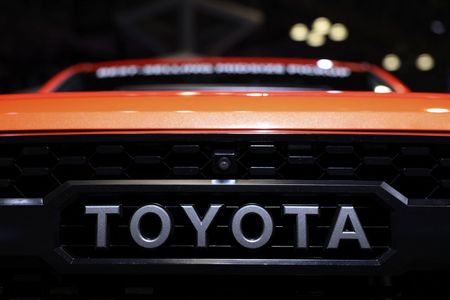(Reuters) – Small pickups fell short of the standards expected in protecting the passengers on the rear seat of the vehicle, tests conducted by Insurance Institute for Highway Safety (IIHS) showed.
In the crash test conducted, the passenger dummy on the rear seat came dangerously close to the front seat back, recording a risk of neck or chest injuries.
IIHS rated General Motors’ Chevrolet Colorado, Toyota’s Tacoma and Stellantis’ Jeep Gladiator “poor” in the updated moderate overlap crash test.
Only Nissan’s Frontier managed to secure an “acceptable”, while Ford’s Ranger earned the second-lowest rating of “marginal”.
The ratings only apply to the crew cab versions of the pickups.
“In many cases, dummy measurements indicated a risk of neck or chest injuries. All these things tell us that the rear seat belts need improvement,” IIHS President David Harkey said.
Nonprofit agency IIHS last year updated the moderate overlap front test by adding a second dummy in the back, challenging automakers to improve rear seat protection.
A moderate overlap front test requires a vehicle to travel at 40 miles per hour towards a barrier to test that occupants are well protected in frontal crashes regardless of seating position.
For a vehicle to earn a “good” rating, the crash test dummy should not record excessive risk of injury to the body parts and should remain correctly positioned during the crash without sliding forward beneath the lap belt.
(Reporting by Pratyush Thakur in Bengaluru; Editing by Shweta Agarwal)





